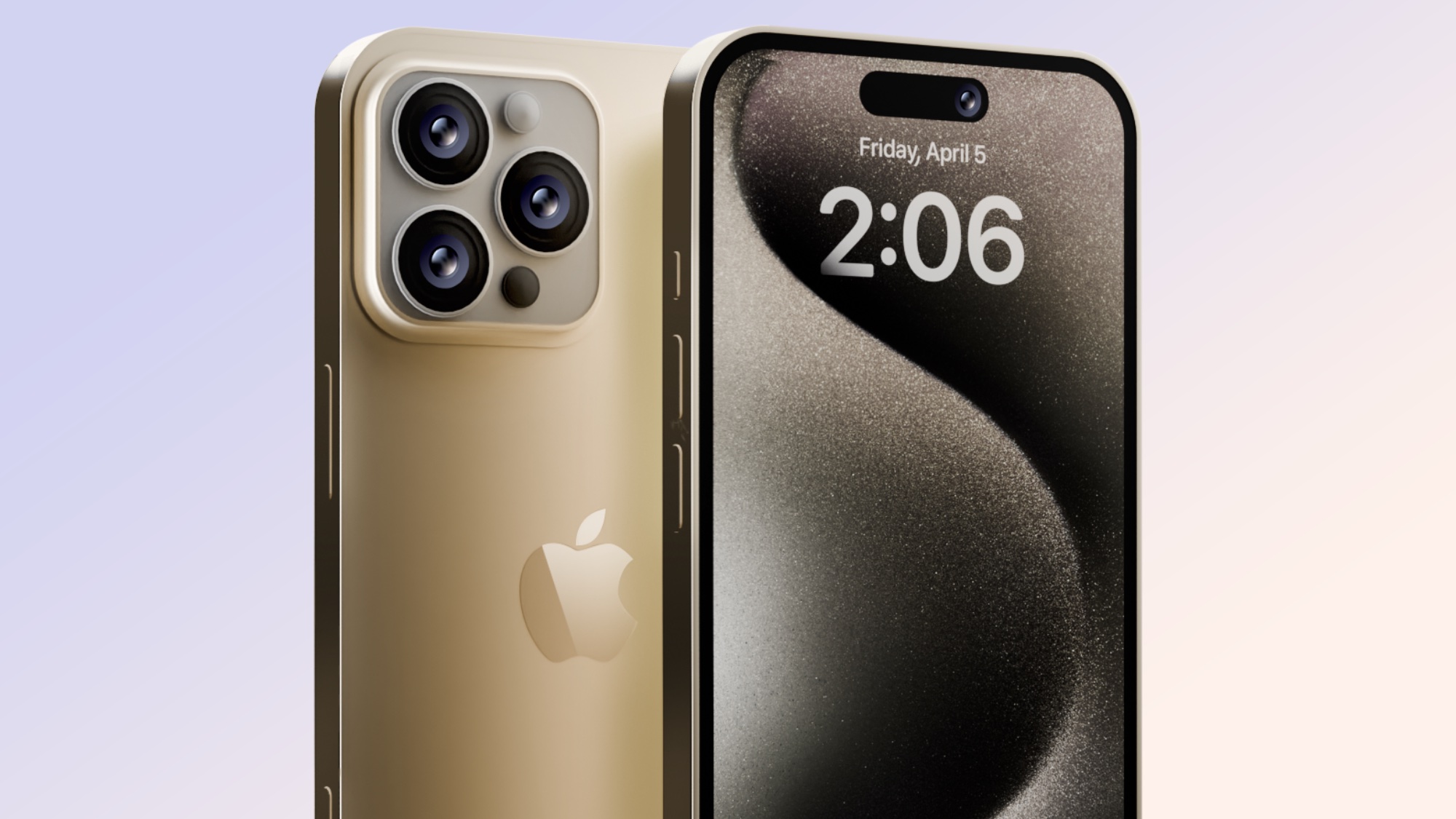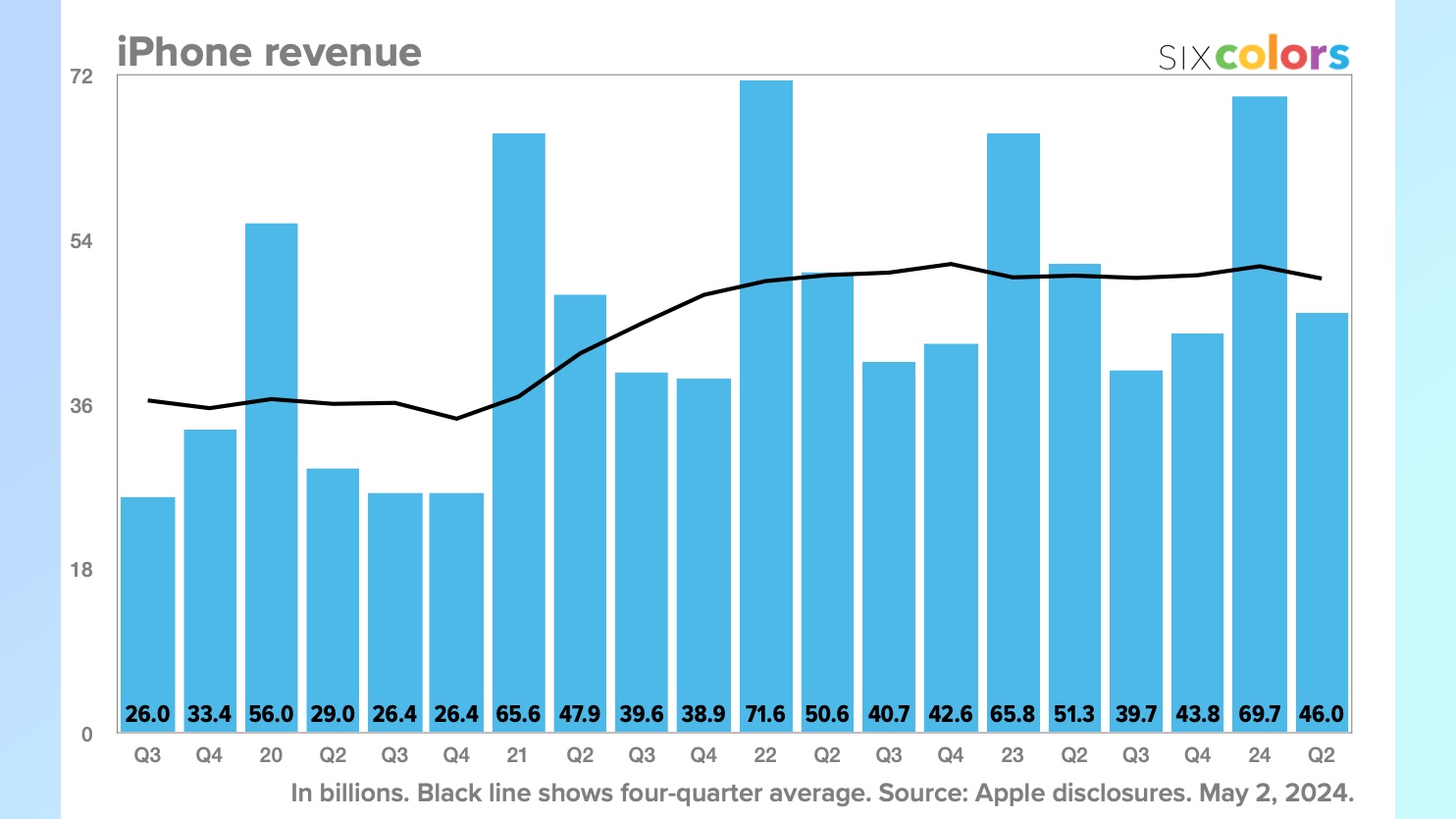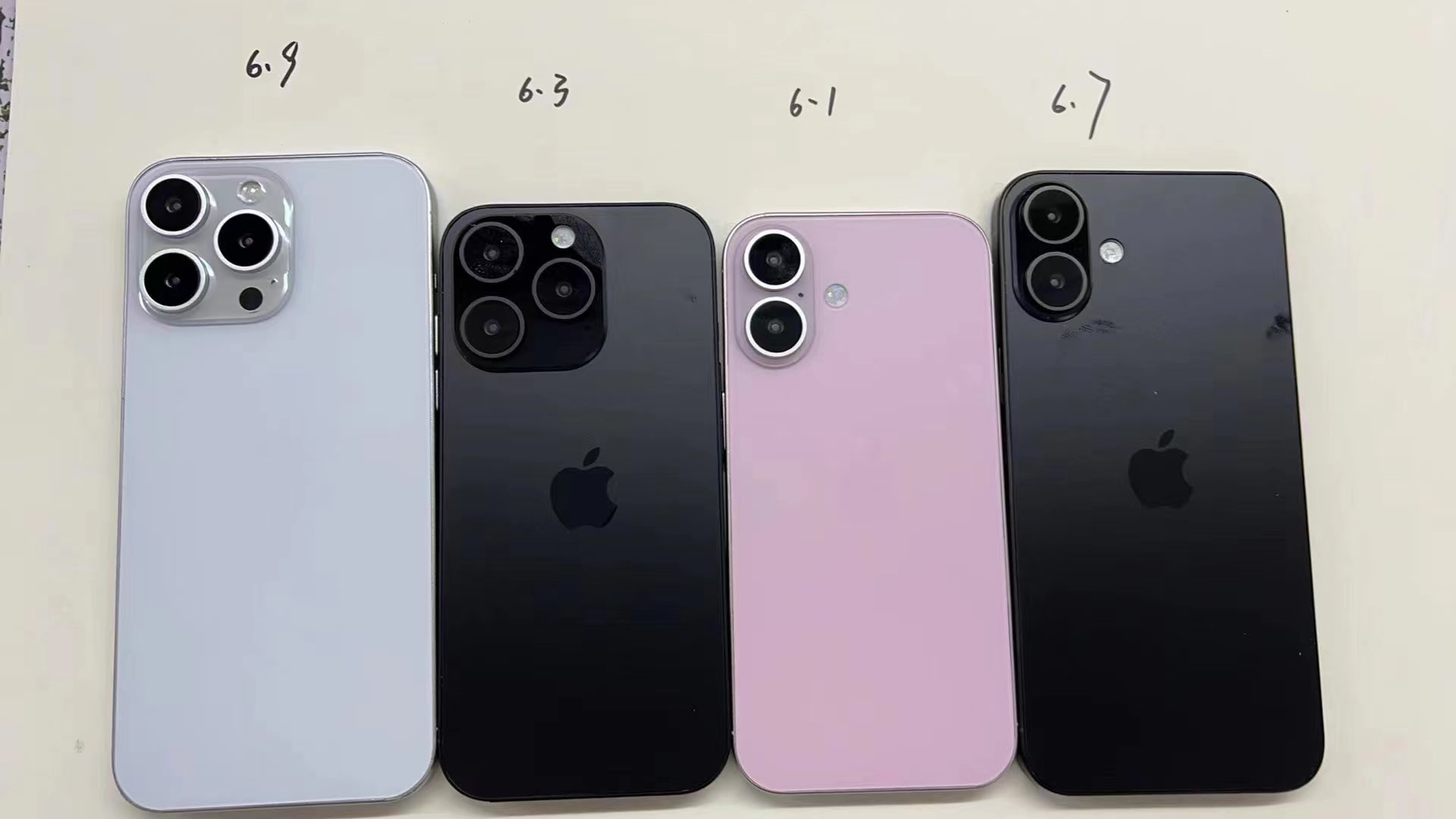
If you needed more proof that people aren't upgrading their phones at the pace they used to, check out Apple's just-reported financials for the March quarter. During the three-month period to start 2024, Apple racked up a little less than $46 billion in phone sales — and still saw a 10% falloff in iPhone sales from the same period a year ago.
There's a caveat to that figure. The previous year saw a lot of deferred iPhone 14 sales due to supply chain issues, and if you accounted for that anomaly, Apple's iPhone sales in the recent quarter would have been flat. Still, it's pretty clear that for all its strengths, the iPhone 15 is not inspiring a big wave of upgrades.
Can the iPhone 16 change that when the four new models supposedly in development arrive this fall? While Apple isn't giving forecasts that far out, executives do seem confident that they have something in the works that could give a boost to its phone business. And the iPhone 16 is positioned to benefit from that.
The last big iPhone upgrade wave
Before we look at why the iPhone 16's prospects may be looking up, it helps to remember the last time an iPhone release inspired a big wave of upgrades. That would be the release of the iPhone 12 back in 2020.

For the holiday quarter of Apple's 2021 fiscal year — the first full quarter of sales for the iPhone 12 — the company saw phone revenue grow 17% to an all-time record of just under $65.6 billion. That record would fall a year later when the iPhone 13 release pushed Apple's holiday quarter phone sales to $71.6 billion.
Those models had something lacking from previous iPhone releases — 5G connectivity. The iPhone 12 was the first Apple phone that could connect to the faster cellular network, and the iPhone 13 expanded upon that capability with better power management features to handle the battery demands of 5G. If you wanted improved network performance, you likely upgraded to one of those two models, and it's unlikely you've looked back since, even with subsequent improvements to the iPhone 14 and iPhone 15 lineups.
I speak from experience here. My everyday phone continues to be an iPhone 12, which shows no signs of slowing down nearly four years after its release. The A14 Bionic system-on-chip powering the phone can handle whatever I throw at it, and I can still make it from dawn to dusk without having to find a charger. Camera quality has definitely improved over the years, as I found out in an iPhone 15 vs. iPhone 12 camera face-off, but my older iPhone still takes pictures that are good enough for my tastes.
I'm willing to bet that other people toting around either an iPhone 12 or iPhone 13 find themselves in the same boat — newer iPhones may have more to offer, but not so much that we feel compelled to pay flagship phone prices for a new model. So how does Apple convince us that this year is the year to finally move on from our older iPhones?
AI arrives
"We believe we have advantages that will differentiate us in this new era [of generative AI], including Apple’s unique combination of seamless hardware, software, and services integration, groundbreaking Apple Silicon with our industry-leading neural engines, and our unwavering focus on privacy."
— Tim Cook
The answer to that question may be one that a lot of tech companies are turning to as of late — AI. Most observers expect Apple to make AI-powered features a centerpiece of this year's iOS 18 software update for iPhones. And while Apple doesn't comment on future products, it's not doing a lot to dismiss that assumption, either.
In fact, Tim Cook emphasizing Apple's behind-the-scenes efforts in working with generative AI has become a staple of the CEO's public comments as of late. In this week's call with Wall Street analysts to discuss Apple's financial performance, Cook once again suggested that an announcement regarding AI was imminent.
"We continue to feel very bullish about our opportunity in generative AI," Cook told analysts. "We are making significant investments, and we’re looking forward to sharing some very exciting things with our customers soon."
But that's not all the Apple CEO had to say. "We believe we have advantages that will differentiate us in this new era, including Apple’s unique combination of seamless hardware, software, and services integration, groundbreaking Apple Silicon with our industry-leading neural engines, and our unwavering focus on privacy, which underpins everything we create," Cook added.
You wouldn't be going out on a limb to conclude that sounds an awful lot like a preview of AI integration into the iPhone via iOS 18. Already, rumors are tipping that software update to add features like auto-generated playlists in the Apple Music app, suggested decks in the Keynote presentation app, writing prompts for Apple's Pages, and AI-powered summaries of everything from text messages to web pages. There's also the possibility of a souped-up Siri that's capable of handling complex requests than the current version of Apple's personal assistant.
We'll find out for certain what AI features are planned for iOS 18 during WWDC 2024, where Apple is expected to offer a preview of this year's software updates for the iPhone as well as for the Mac and other devices. And while that June conference will go a long way toward filling in the details about how AI fits into the iPhone story, there are still going to be some missing pieces to figure out.
AI and iPhone 16

Specifically, we won't know until the fall if there are any iPhone 16-exclusive AI features coming with this year's updated phones. iOS 18 should AI capabilities to current iPhones — the software update is tipped to run on the same devices that can run iOS 17. And with Apple expected to favor on-device AI capabilities over cloud-powered features, it's unclear what the iPhone 16 might offer that you can't get on one of Apple's current models.
I suspect there may be something that's iPhone 16-specific, though we wouldn't find out what until the new phones are shown off in the fall. At the very least, you'd expect the A18 chipsets slated for the iPhone 16 models to be capable of supporting any Apple-built chatbot that's developed later on. (Most iOS 18 rumors suggest that Apple won't add its own chatbot with this software update, turning instead to ones from the likes of Google or ChatGPT.)
Even if there are no unique AI capabilities slated for the iPhone 16, Apple will likely be able to point to other improvements to tempt would-be upgraders. Besides the A18 chipset — which is tipped to appear on all iPhone 16 models and not just the Pro devices — the iPhone 16 Pro might offer Wi-Fi 7 support for faster connectivity as well as a slew of camera upgrades. The standard iPhone 16 could add the Action button that made its debut on the iPhone 15 Pro, while all models are rumored to betting a new Capture button to help with photos and videos.
In other words, Apple can make the pitch that not only will you get AI-powered features with the iPhone 16, you can expect multiple hardware upgrades as well.
iPhone 16 outlook
Whether that will be enough to prompt a flood of upgrades this fall won't be known until iPhone 16 pre-orders open up. But heading into the first big step of the process — June's iOS 18 preview — Apple sounds like it's confident that it has all the pieces in place.







